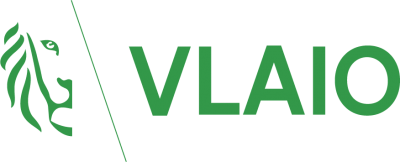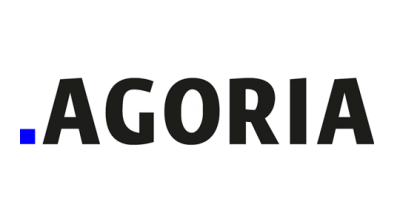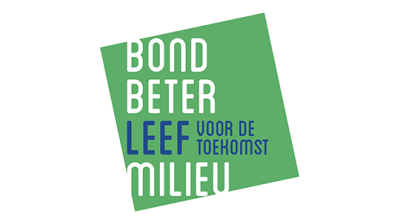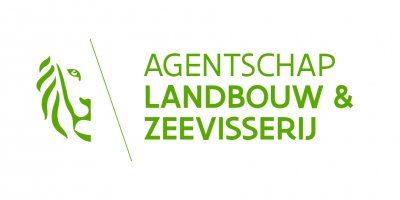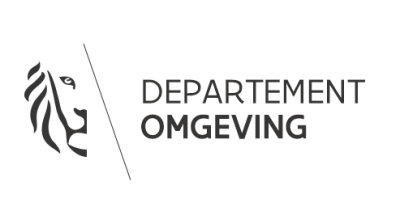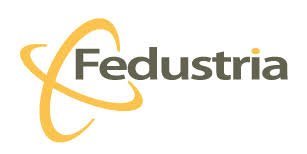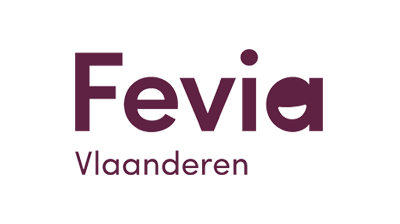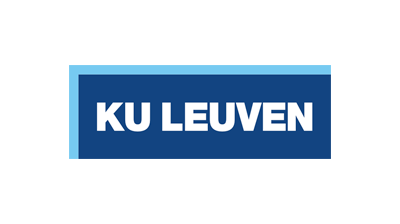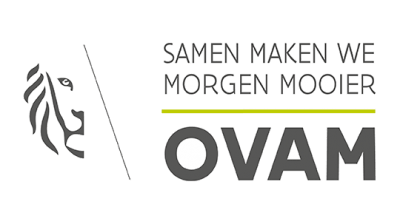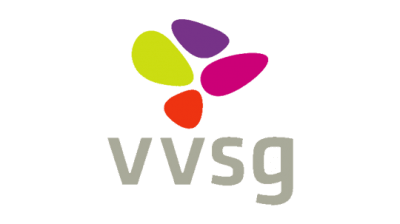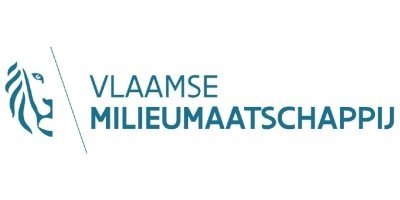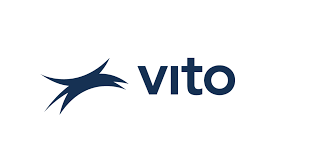Op weg naar een circulaire digitale meter
Fluvius replaces old electricity and gas meters with circular ones
Fluvius is an operator of distribution networks and offers network solutions for electricity and natural gas, heat, sewerage, cable and public lighting throughout Flanders.
As a result of the Flemish Government's decision to install digital meters everywhere from 2019 onwards, we are gradually being confronted with a growing number of used, electronic meters that are being returned to the grid.
With this project, we wanted to investigate how we could reduce our ecological footprint by (partially) recycling or reusing these digital meters in a socially responsible way. We wanted to find out whether we could recycle the meters in their original function. We also carried out a cost-benefit analysis to determine whether it would be worthwhile dismantling the meters to reuse certain parts or recycle raw materials. We wanted to use custom companies for the dismantling work in order to promote community involvement. We also looked at whether we could minimise the transport of the end-of-life appliances and whether we could impose certain requirements on our suppliers in the future. For this study, we processed a total of 17,752 electronic meters in cooperation with custom companies. We then had the recovered materials recycled by specialised waste processing companies.
Key results |
Key lessons learned |
|
|
What will the future bring?
For Fluvius, the development of this project was a very instructive journey into uncharted territory. We gained a lot of new insights about waste streams and cooperating with tailor-made companies. We are currently examining various proposals to reuse or dismantle other discarded materials as well. For example, we will replace a whole number of meter box covers when we install the new digital meters. Together with KU Leuven, we are investigating whether we can reuse these old covers as primary materials in production.
We also learned that for such cases involving the processing of materials, we must impose a number of legal and necessary conditions on the custom companies we work with. For this, we still need to eliminate a number of ambiguities and shortcomings. We hope to eventually draw up a kind of general canvas or document, with the necessary advice from external environmental experts and the OVAM.
Fluvius also wants to set up a Sustainability Purchasing Competence Centre within the purchasing department. The aim of this competence centre is to train purchasers on all aspects of sustainability and corporate social responsibility, so that they can make the right, sustainable choices in their purchasing dossiers and apply licensing criteria.
Finally, Fluvius believes that this project has not only increased its own insights into the possibilities of the circular economy, but can also give authorities, partners and suppliers an impetus for concrete realisation. Our findings and concrete results were documented and we are making them available to third parties facing similar circumstances.
